Weekend Reads: Ramadan and Mental Health
This year, Mental Health Awareness Month overlaps with the Islamic month of Ramadan. The simplest association with Ramadan is fasting: from sunrise to sunset everyday, Muslims who are able to fast do not eat or drink anything (even water).


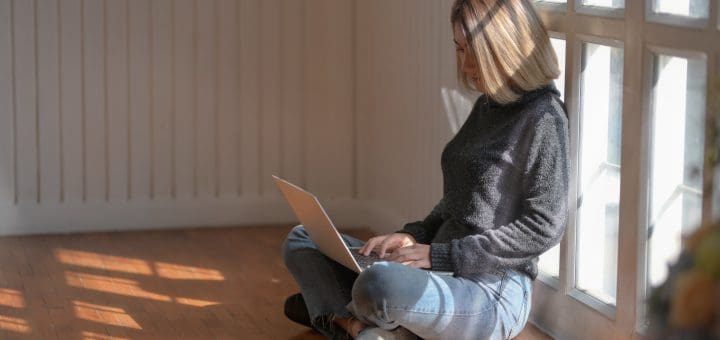
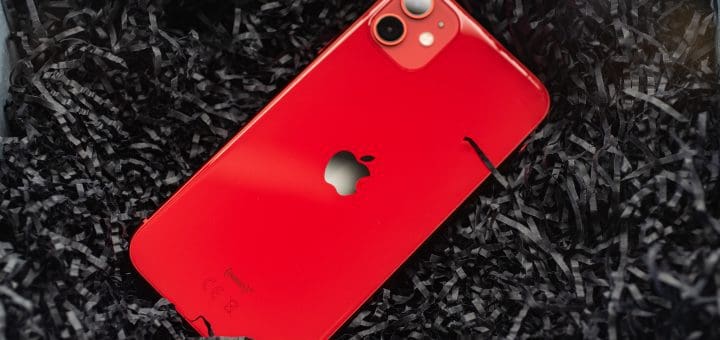

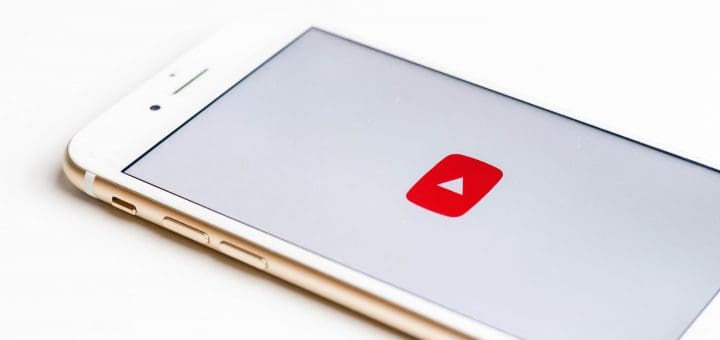
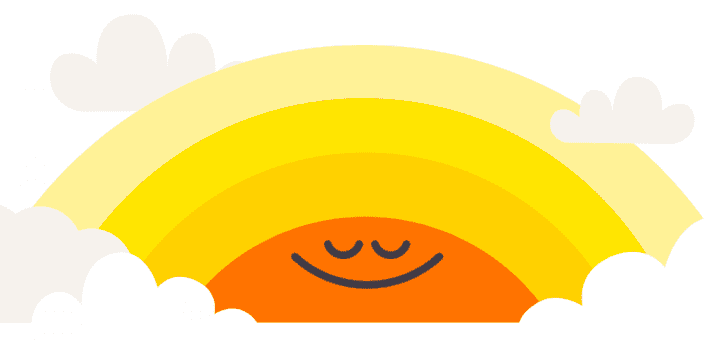



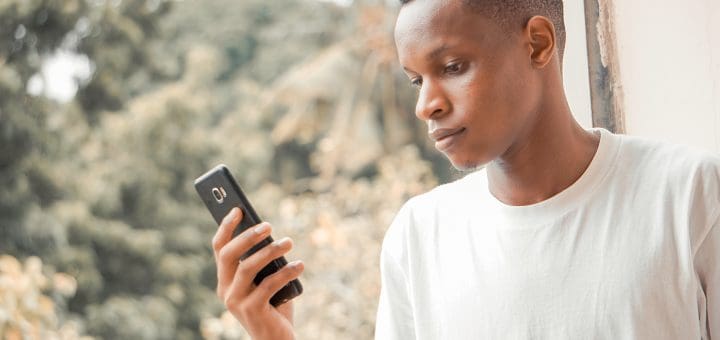
Recent Comments